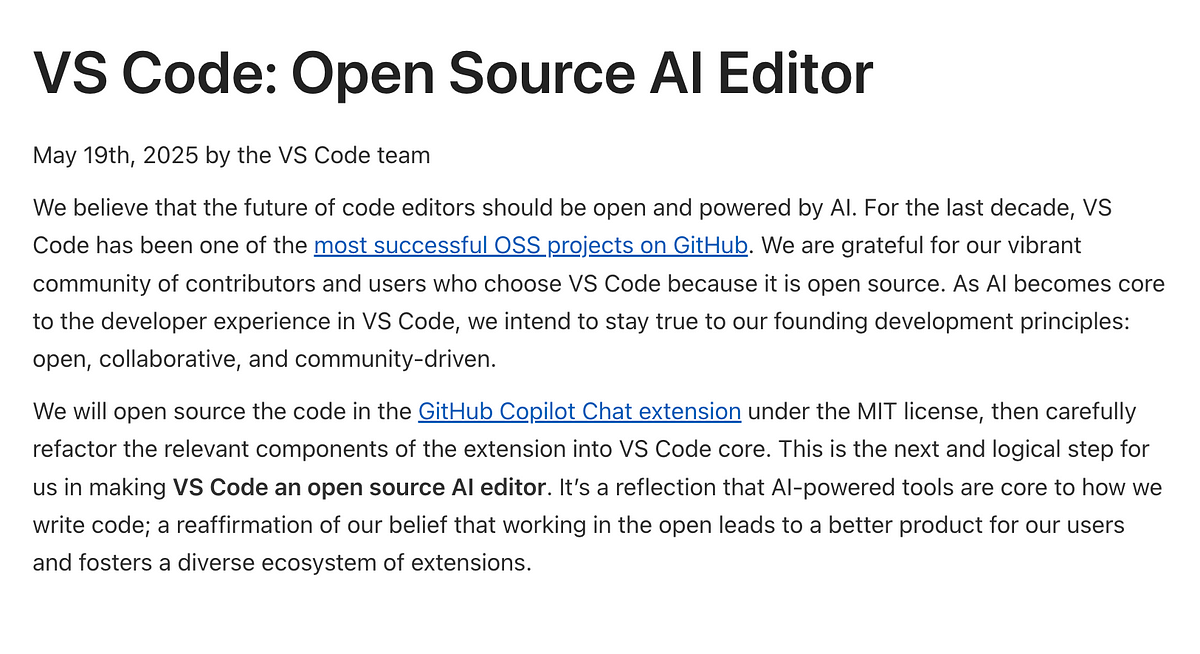Medium
1M
63

Image Credit: Medium
AI Coding Assistants: Productivity Gains and Security Pitfalls
- The impact of AI coding assistants, like Copilot, has led to a reported increase in speed and confidence for developers.
- Claude 4 by Anthropic, released in 2025, offers advanced coding abilities and IDE integrations, becoming an intelligent pair programmer.
- AI coding assistants have evolved into collaborators, capable of reasoning across codebases and handling complex refactoring tasks.
- However, the use of AI-generated code raises concerns about security risks, including hallucinated dependencies and exploitable vulnerabilities.
- Slopsquatting, a supply chain threat, leverages AI tendencies to suggest fake software packages, posing a security risk.
- There is a significant percentage of AI-generated code with exploitable vulnerabilities, indicating the need for secure coding practices.
- Developers relying on AI for coding intuition, known as vibe coding, may face challenges such as shallow understanding and over-reliance on AI.
- The consensus is that while AI can assist, it should not replace deliberate thinking and human judgment in coding practices.
- Guardrails and close review are crucial to mitigate risks associated with AI collaborators, as evidenced by incidents of disrupted code quality.
- Best practices include implementing static analysis, dependency validation, and security scanning, and ensuring transparency with metadata in AI-generated code.
- Ultimately, AI coding assistants should enhance developer capabilities while maintaining the final responsibility for code review, refactoring, and quality assurance.
Read Full Article
3 Likes
For uninterrupted reading, download the app